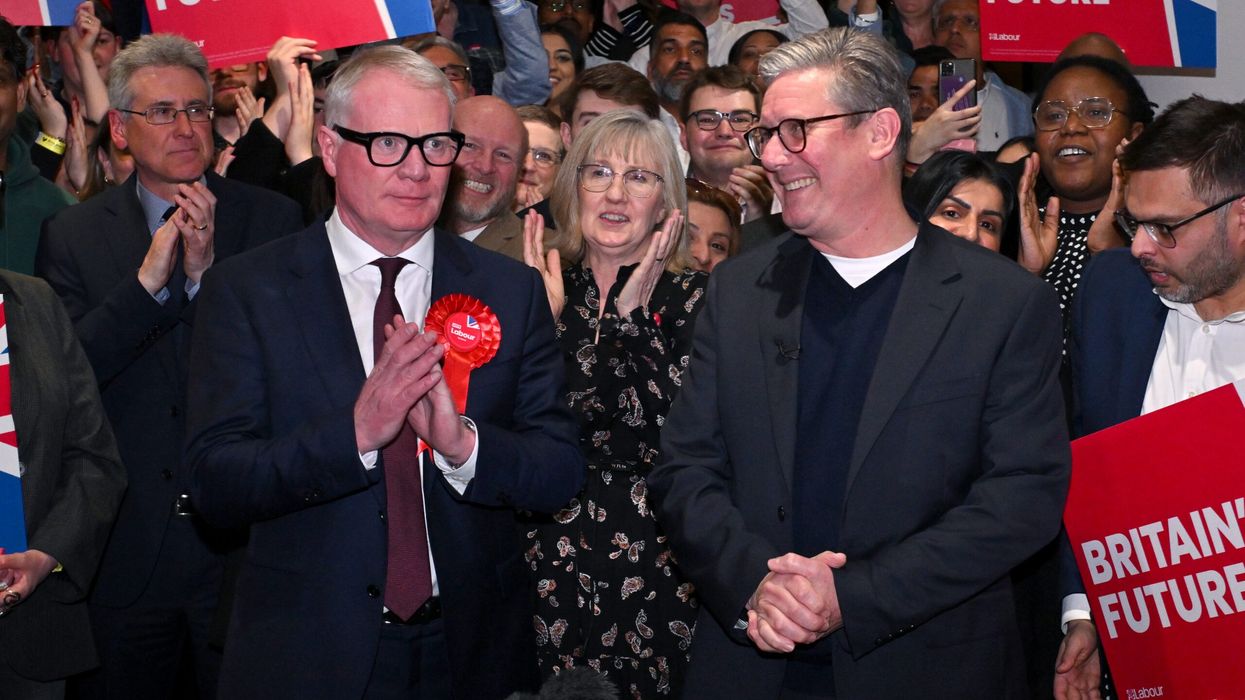Labour has achieved its most substantial polling lead since the era of former Conservative prime minister Liz Truss.
According to a YouGov poll, Labour is 30 points ahead of the Conservatives, marking the worst reading for Rishi Sunak since assuming the role of prime minister, reported The Times.
The Conservatives stand at 18 per cent, while Labour holds 48 per cent, with the right-wing populist party Reform UK at 13 per cent.
This survey, the first of its kind since the Tory party faced a series of challenging losses in local and mayoral elections last week, shows the widest gap between the two parties since October 2022, shortly after Truss's mini-budget, the newspaper reported.
The Conservative share of the vote has dipped below that of Truss's tenure, with a quarter of 2019 Conservative voters now supporting the Reform party.
The poll also indicates skepticism regarding Sunak's assertion that Britain is headed for a hung parliament. Only 14 per cent believe there will be a hung parliament after the expected general election later this year, with 66 per cent expecting a Labour majority. Just 5 per cent anticipate a Tory majority of any kind, according to The Times.
The YouGov poll suggests that appeals to a hung parliament do influence voter intentions somewhat. When asked how they would vote if there might be a hung parliament, the Labour lead narrows slightly, with Conservative support rising to 21 per cent and Labour dropping to 46 per cent. Nonetheless, Labour maintains a 25-point lead.
In his first comments since the full extent of the party’s local election losses became clear, Sunak admitted that the results had been “bitterly disappointing” for the Conservatives. The party lost nearly 500 council seats and the West Midlands mayoralty.
Over the weekend, the prime minister referenced analysis by Michael Thrasher, an elections expert, indicating that if the local council results were replicated in a general election, Labour would be 32 seats short of a majority. Sunak warned that Sir Keir Starmer would need support from the SNP, Liberal Democrats, and Greens to govern.
Sunak, along with election strategist Isaac Levido, highlighted the Thrasher analysis, conceding that last week's results were "bitterly disappointing." However, experts caution against assuming voting patterns will be the same in a general election. Sir John Curtice, a polling expert, emphasized that local election results don't necessarily mirror general election outcomes.
The general election must be held by 28 January 2025 as the current parliament dissolves on 17 December 2024 and 25 working days are then allowed to prepare for the election.





